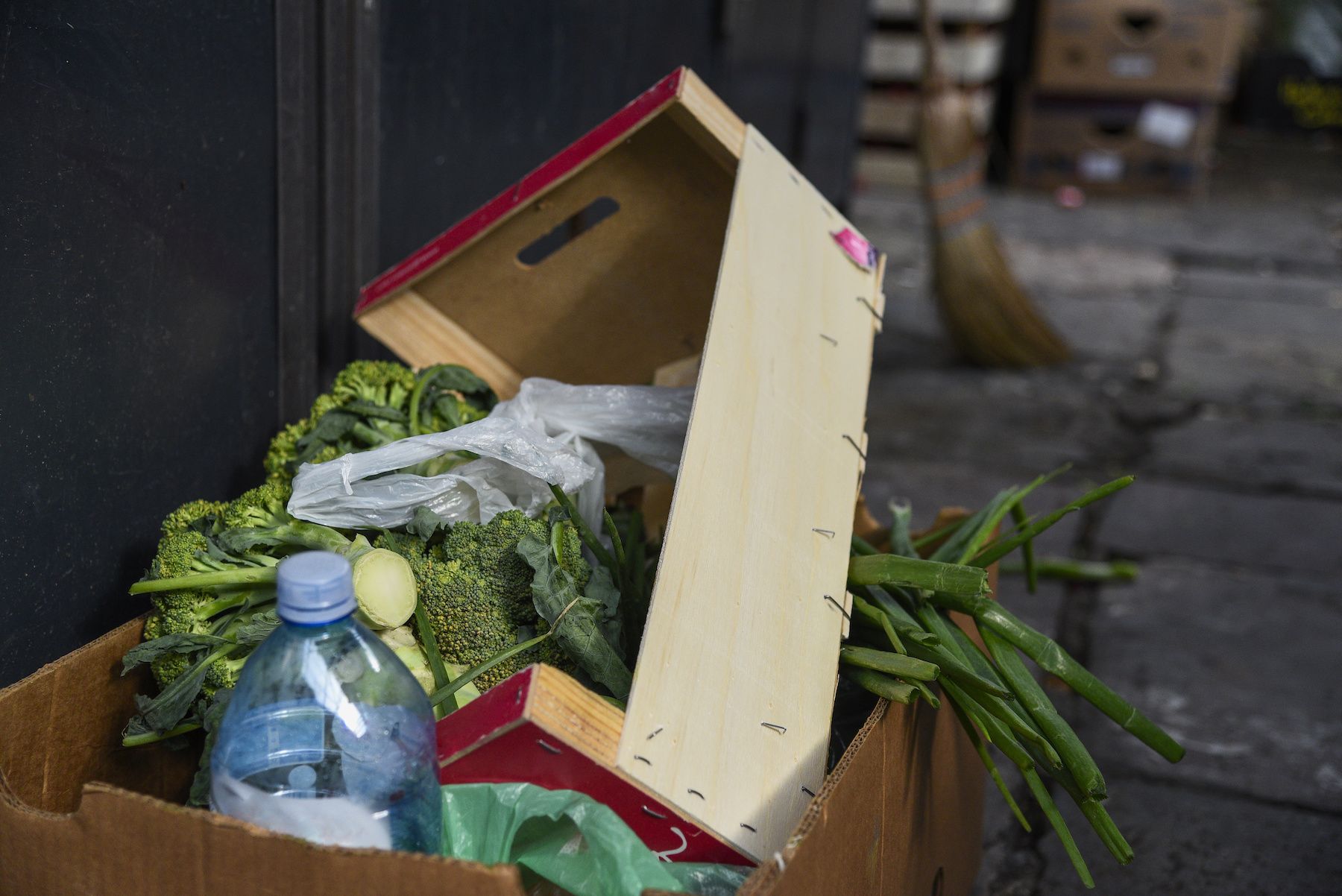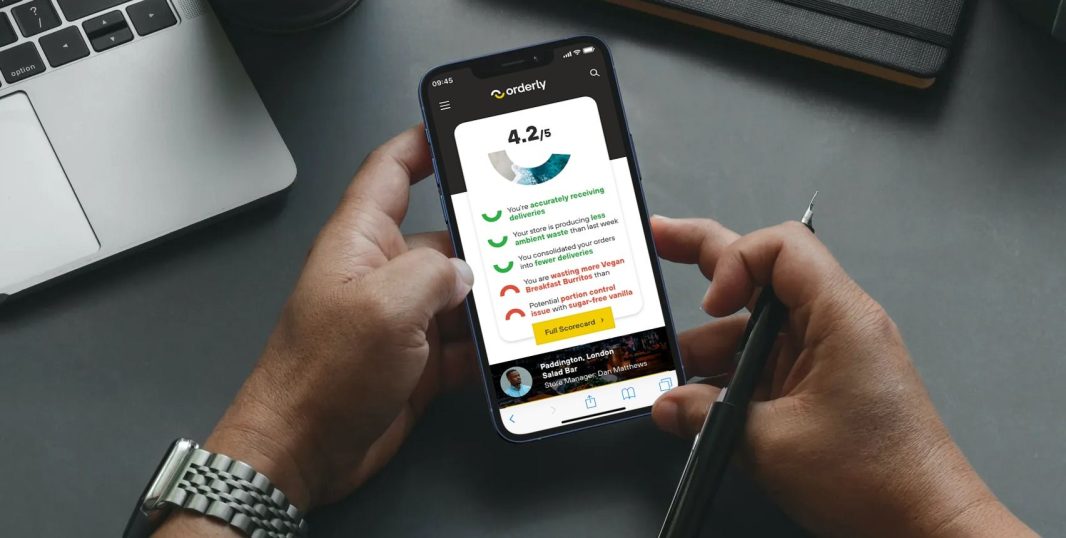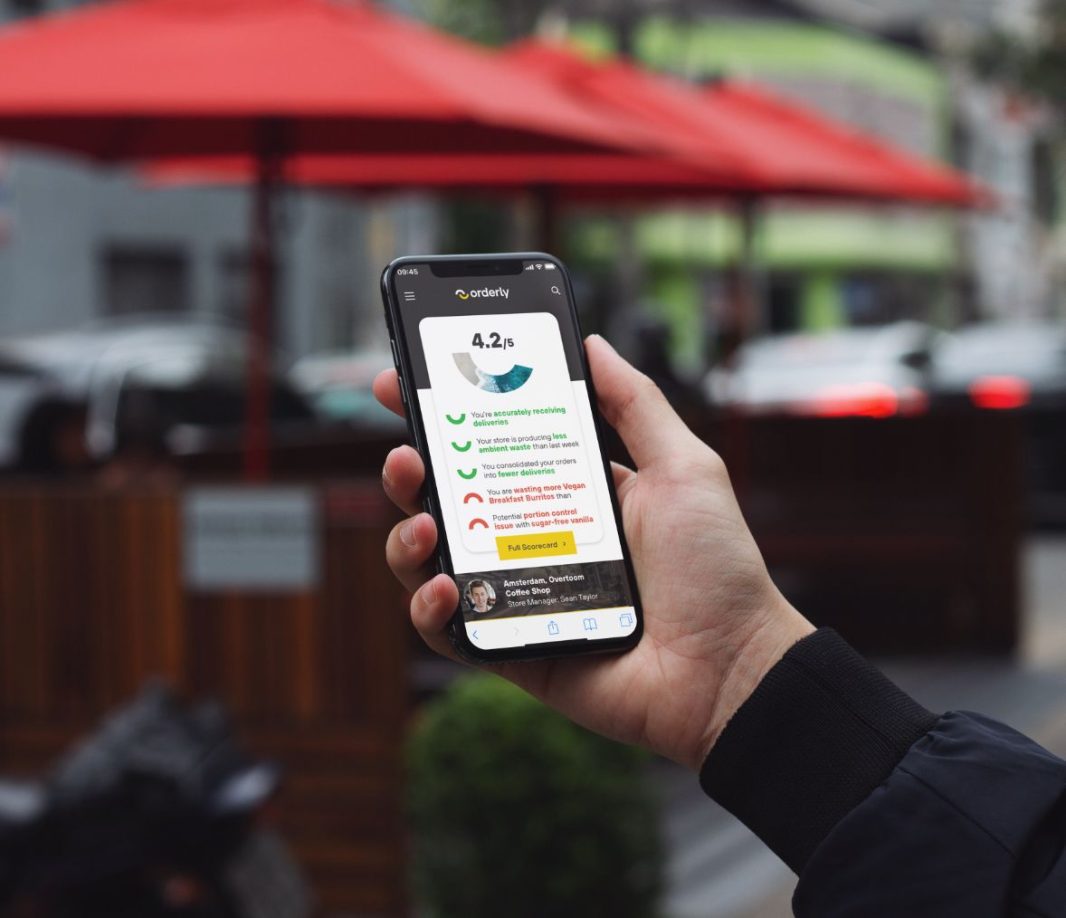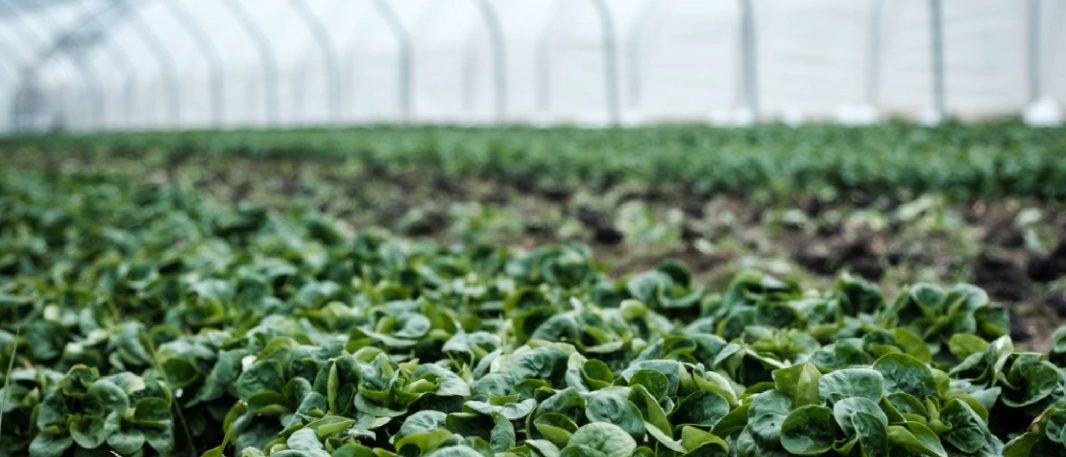To reduce food waste from the plate, there is a global imperative that the corporate world must initiate and incite change. Corporate social responsibility (CRS) might be a buzzword, but consumers today use the ideal as a driver for brand loyalty. Citizenship and community are central to reducing a company’s bottom line and can alter or even prevent the impact of the planet’s end of the line.
Funnelling corporate social responsibility
For the planet’s resources to remain viable and to have the greatest possible effect, a funnel of sustainability needs to start with corporate responsibility initiatives from global conglomerates to social enterprises, local businesses and start-ups, trickling down to the individual consumer at home.
Corporate entities should lead by example by putting their resources to good use, set the gold standard, and help organise conservation initiatives and programmes from their offices, stores, and supply chains, through charitable and community outreach to local schools and homes.
We all need to take responsibility
If we want to get serious about tackling climate change, nature and biodiversity loss, and pollution and waste, businesses, governments and citizens around the world have to do their part to reduce food waste. – Inger Andersen, Executive Director of the UN Environment Programme
Food Navigator says that the UNEP reports 900+ million tonnes of food waste is binned each year. This is an alarming statistic that must be diminished not only to feed those in need, to cut the costs on the pocketbook, but also to reduce greenhouse gas emissions and preserve the earth. Striking the right balance to sustain the planet is a social imperative that should reach all levels funnelling down from the high-rise to the street.
If we’re wasting food at such a shocking rate, there is a major imbalance in what we’re purchasing and/or producing to what we’re actively consuming. The problem is not necessarily that we need to eat less, it’s that we need to make less or purchase less and provide the rest to those in need.
How can CSR help to achieve an eco-friendly balance?
A formidable task that is bigger than just one person or even one corporate entity can leave us losing hope, but knowing there are many strategies to fight against the damage done and that everyone can do their part for the environment is a foot forward towards renewal.
Putting tech and apps to good use
A fantastic strategy to reduce the harmful effects of waste is to put technology to good use, such as Orderly’s food supply chain management solutions and predictive analytics for stock management, coupled with applications like Too Good To Go. This tech is used by supermarkets, restaurants, cafés, wholesalers, etc., enabling the food retail industry to make strides in cutting back on wasted resources throughout the whole supply chain.
The Danish start-up Too Good To Go created an app to save food that might otherwise be thrown out. Their Business Development Head, Melvin de Groot said at a Sustainable Foods Summit, we waste $1.2 trillion yearly in uneaten food and he considers that “a really dumb thing to do.” We couldn’t agree more!
Going zero to hero
Aiming for ‘zero food waste’ sounds like a lofty goal and it is, especially for a food retailer. But Planet Organic, a London local, fearlessly strove towards the gold standard, and in 2019, it became “the first UK retailer to achieve zero edible food waste,” reported Oliver Morrison of Food Navigator on mobile apps for the food industry.
We’ve tried different ways of doing it such as working with homeless shelters or community groups. But it’s hard and it takes community for it to happen. – Al Overton, Planet Organic Buying Director
Planet Organic saves approximately 1,200 meals per month at their in-store cafes through the use of the Too Good To Go app and has saved 2,200 meals per month with Olio. They also compost inedible food waste at 500kg monthly.
Recycling plastics…as much as possible
Supermarket retailer Tesco recently launched their soft and flexible plastics recycling initiative in Wales and through the Southwest of England by furnishing over 170 recycling points for the type of plastics that would otherwise go into landfill. Edie newsroom also related that Tesco aims to chemically recycle 1,000 tonnes of soft plastics yearly.
“It is an absolute priority to remove and reduce as much plastic as possible and ensure everything we use is recycled and kept out of the environment.” Sarah Bradbury, Tesco’s Director of Quality
But Tesco hasn’t stopped or started there. Read more on their partner initiatives via edie newsroom and about other supermarket initiatives, such as Sainsbury’s Northeast England recycling scheme trial and Aldi and Waitrose & Partners, among others, reducing Christmastime plastic packaging.
Collaboration
Unilever has pledged to cut its global operations’ food waste in half by 2025. Whilst part of its strategy includes robust predictive analytics to manage stock, it has also looked to collaboration as a means to achieve its goals. Unilever has teamed up with the likes of Helmann’s ‘Make Taste, Not Waste’ and Olio, a social enterprise, to aid consumers directly with their food shopping; and with
Orbisk, a digital food monitoring system set up in commercial kitchens to analyse and reduce waste in the food industry.
Community
Without community, CSR would be reduced to a pile of strategies heaped on top of the waste we all produce. The likes of the food industry’s efforts to cut food waste and Tesco’s recycling points would fail if everyone doesn’t willingly participate. What’s a recycling initiative without people recycling?
When the corporate world leads by example and does its part to provide innovations for all to follow, massive strides abound.
The bottom line
Continuing to work from the ground up won’t help us to conserve the world’s resources before they are depleted, and the individual environmentalist warrior has been fighting the good fight for too long now by themselves. To effect substantial and sustainable change, it’s corporate’s turn to take responsibility for its use of universal resources.







